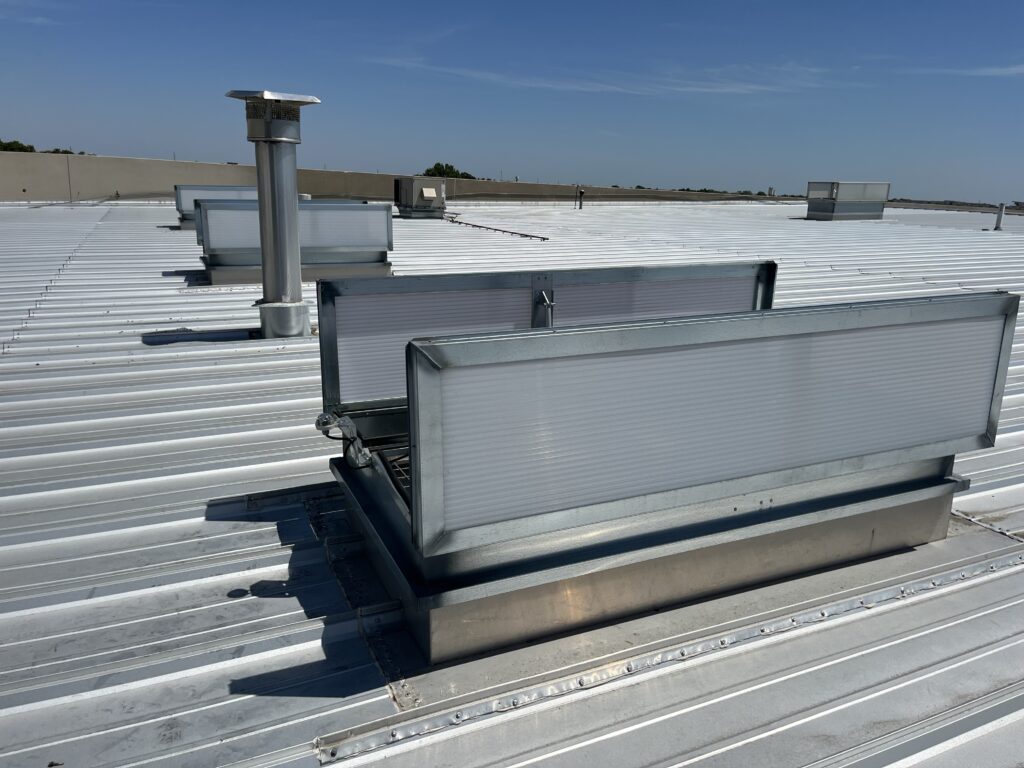Commercial Roof Ventilator for Your Building
Providing a comfortable work environment is one of the most important concerns for every business. People don’t perform at their best if they are in an uncomfortable building, leading to a drain on company morale. That is why increased architects and engineers are considering the natural roof ventilator for their commercial roof ventilator for your building.
What is a Roof Ventilator?
Roof ventilation is the most important part any Natural Ventilation system. Roof ventilator utilizes natural forces of gravity and air pressure to move air though a space and improve the building’s internal air quality. Many designs utilize roof ventilator in conjunction with wall ventilators for intake air. On the other hand, powered wall fans may be used in a Pressure Gravity System®.
Types of Roof Ventilator

Natural roof ventilator devices come in all shapes and sizes. There are massive industrial ventilators like the MoffittVent™ and MatrixVent™ for heavy industry environments. High-heat areas like mills, smelters, and kilns are ideal for these products. Our roof ventilator can exhaust large volumes of air and are vital for temperature control.
For more moderate sized buildings, like university spaces, office buildings, and commercial spaces, smaller architectural daylight ventilators like the TraidVent natural ventilator are used. Heavy commercial and light industrial environments utilize these vents as well. However, their sleek, modern looking design makes them ideal for highly engineered buildings.
Why is Roof Ventilation Important?
Commercial roof ventilation is the only way to get real, fresh air into your building. Natural Ventilation has numerous additional benefits including:
• Supplies renewed oxygen for respiration
• Helps dissipate lingering odors
• Reduces humidity
• Provides an increase in thermal comfort
• Requires no electrical costs
Unlike traditional air conditioning, which can be expensive, unreliable, and environmentally unfriendly, Natural Ventilation is a breath of fresh air. Instead of stale recirculated air, wall and roof ventilators bring cool, clean air into the building. In conclusion, this air is better for the building’s occupants and improves the state of your building.
